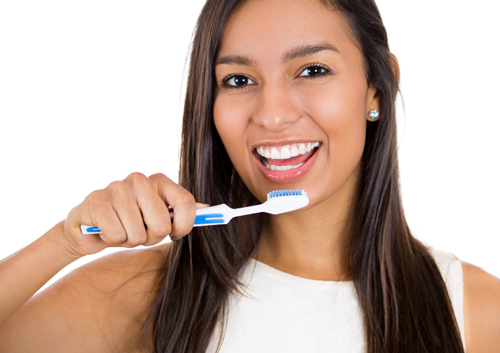How do I pick the right toothpaste for my needs?
December 18th, 2019

With so many toothpastes available in so many price ranges, it can be difficult to be sure you are selecting the right one for your needs. You need a product that not only protects against tooth decay, but also addresses any special concerns that Dr. David Barney and our team have raised. Look for the American Dental Association seal and do some research to find the toothpaste that best meets your needs.
Choose a Product Approved by the American Dental Association
The American Dental Association approves dental products such as toothbrushes, dentures, mouthwashes, dental floss, and toothpastes when they meet certain quality standards. Before products can display the seal, the American Dental Association must verify that the product does what it claims to do. Look for the American Dental Association seal on the toothpaste package before you buy it. Also, check to make sure that the toothpaste contains fluoride, which helps protect against decay.
Consider Special Needs
You may be depending on your toothpaste to perform extra tasks beyond cleaning your teeth. These are some common concerns that the right toothpaste can address.
- Bad breath (halitosis)
- Sensitive teeth
- Plaque or gingivitis
- Tartar
- Yellowing teeth
The American Dental Association’s website has a tool that lets users input their requirements and view a list of the toothpastes that carry the American Dental Association’s seal and address those particular oral health needs.
Make Your Children’s Tooth-Brushing Experience Fun
If you select toothpaste that contains fluoride and has the American Dental Association seal, most types of toothpaste will be fine for your children as long as they have no special needs. Allowing your kids to select fun toothpaste can encourage them to enjoy the brushing experience more, so that they brush more frequently and do a better job.
The following toothpaste characteristics can make brushing more fun for children.
- Fun flavors, such as bubble gum, berry, and watermelon
- Sparkles and swirls that make the toothpaste appear more attractive
- Toothpaste that comes in a pump
- Toothpaste with a container decorated with superheroes




 Website Powered by Sesame 24-7™
Website Powered by Sesame 24-7™